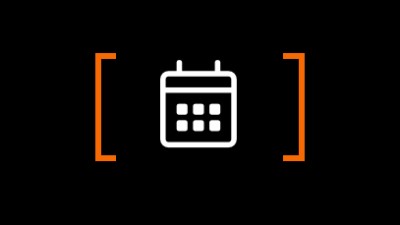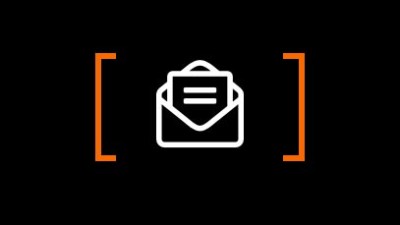Learning to Let Go | December 2019
- RIT /
- Diversity and Inclusion /
- Newsletters /
- December 2019 /
- Learning to Let Go

Since I started in February 2019, I’ve experienced a campus that is creative, cares about the student experience and desires to be great by making a difference. As it relates to authentic engagement with diversity and inclusion, I conclude good intentions but room for growth.
One Cultural Humility Certificate program participant summarizes it well when they describe the challenge as, “letting go of fear and being vulnerable is all part of the journey that I need to embrace.” I have witnessed some fear to evaluate one’s self and being ok with not knowing. I have observed a lack of urgency to go beyond comfort zones. With all these as truths, I accept the challenge of moving us to a place where we are culturally humble, knowledge thirsty, relationship driven, accountable and application oriented.
Here are some upcoming opportunities for more RIT faculty and staff to participate in spring 2020:
- Breaking Bread (sign up now for the spring 2020 cohort; application deadline is December 17)
- Into the Roc: People’s track is a limited opportunity to learn about local history and culture.
- February, 15: Rochester’s Black History Tour
- February, 22: Indigenous (Native American) Winter Games
- March 28: Women’s Hall of Fame and Harriet Tubman Home Tour
- April 2: Dinner and a Play at Geva Theater
- Cultural Humility Certificate Workshops (sign up via Talent Roadmap)
- Online Teaching Circle on Inclusive Pedagogy (via MyCourses)
To date, 205 employees (mostly staff) have completed one out of six workshops required for the Cultural Humility Certificate program. Colleges, divisions and departments that have been most involved include College of Science, Finance and Administration, Financial Aid and Scholarships, NTID Counseling and Institute of Health Sciences and Technology. At the position level, Senior Staff Assistants and advisers have led the way in participation.
Participants have articulated growth in the following areas: perspective taking, awareness of bias and preconceptions, why diversity matters to their work and increased confidence to engage in diversity-related discussions. Participants also shared that small group discussions, reflecting on a list of inclusive behaviors and learning definitions of diversity, inclusion, equity and intersectionality made a difference in challenging them to think differently.
Specific faculty efforts have included an in-person teaching circle focused on inclusive pedagogy, unconscious bias search committee training and workshop on microaggressions and best practices for managing difficult conversations. Individual faculty have reached out for coaching when showing classroom videos or assigning projects.
Participant Comments:
- “Before this workshop, I had grouped diversity, inclusion, multicultural, equity and intersectionality together, but now I see that they are separate and impactful that can make a positive difference on this campus.”
- “I plan to stop by my colleagues’ offices to say hello and be more visible.”
- “I hadn’t really thought much before about the role of culture in determining how we think.”
- “I might ask students to reflect more on their own identities to see how that shapes their thinking.”
- “I became aware that no matter how many workshops we have attended, it still falls on us to put the tools to use.”
- “I recognized that discriminatory behaviors take place more often than I anticipated.”



